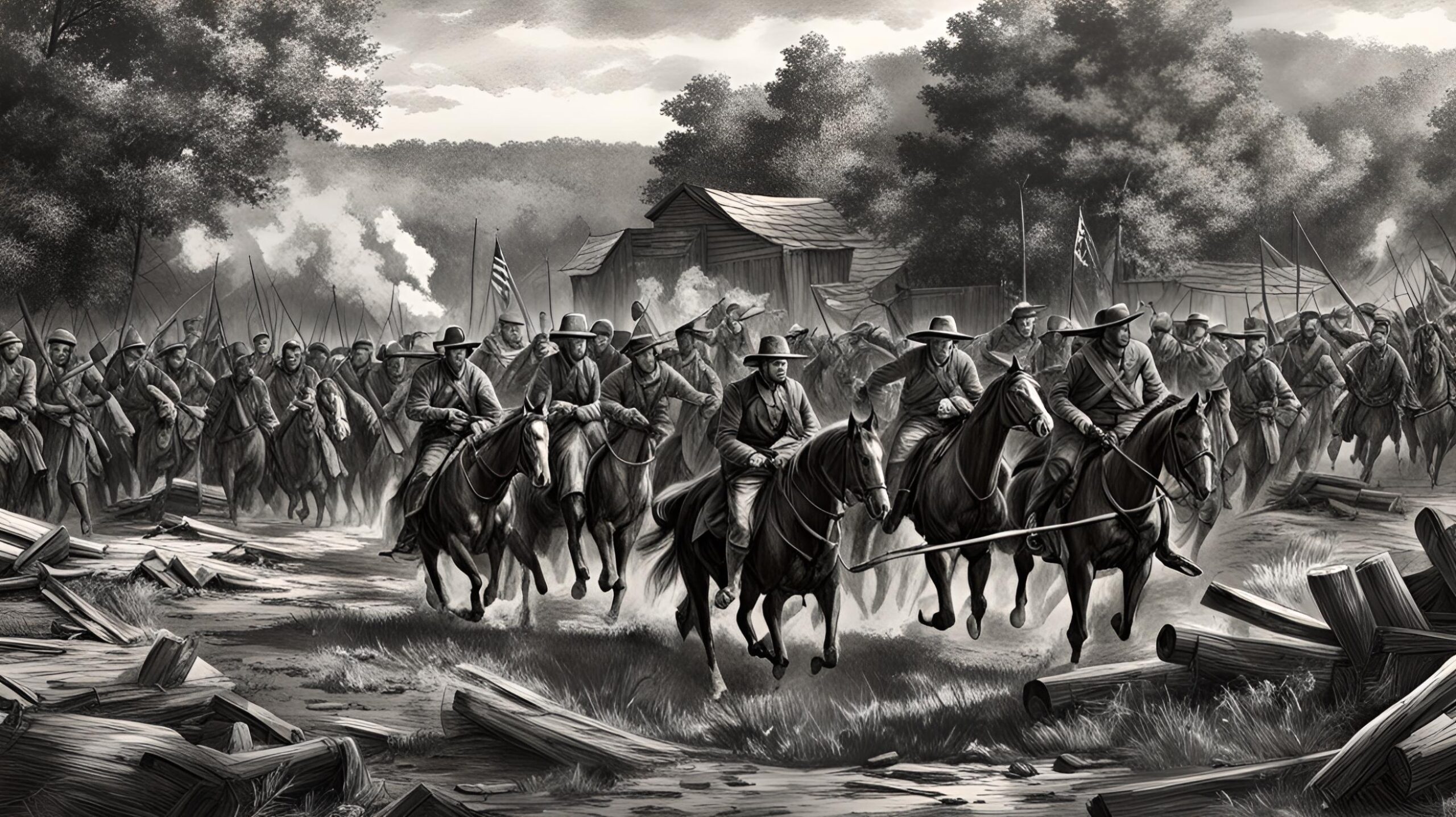Flashback to August 31
American History

The Pullman Strike of 1894 was a significant event in American labor history. It was a nationwide railway strike that had a major impact on the city of Chicago. In response to escalating tensions, President Grover Cleveland made the controversial decision to send 2,000 troops from Cleveland to Chicago in an attempt to suppress the strike. This move had far-reaching implications and continues to be a topic of historical discussion.
On July 6, 1894, as tensions reached a boiling point, President Cleveland made the decision to deploy troops to Chicago. The strike had been ongoing since May, with workers protesting against the Pullman Palace Car Company due to wage cuts and harsh working conditions. The strike had paralyzed railway traffic across the country, causing economic disruptions and inconveniences for the general public.
Cleveland’s decision to send troops to Chicago was met with mixed reactions. Supporters argued that it was necessary to restore order and ensure the free movement of goods and people. They believed that the strike had grown out of control and that the presence of the military was necessary to protect public safety. Critics, on the other hand, saw it as an overreach of federal power and a violation of the workers’ right to strike. They accused the government of siding with big businesses and disregarding the plight of the working class.
The deployment of troops to Chicago had immediate effects. The presence of the military initially suppressed the strike, allowing railway operations to resume. However, it also escalated tensions between the workers and the government. The use of force by the troops led to violent clashes and further unrest. The situation soon spiraled out of control, with riots erupting throughout the city.
The outcome of the Pullman Strike and the intervention of the troops were not completely in favor of the workers. Eventually, the strike was broken, and the striking employees were forced to return to work without significant concessions from the company. Many were blacklisted and faced tremendous difficulty finding employment afterward. The strike highlighted the power imbalance between workers and corporations, and it became a rallying point for labor activists and the nascent American labor movement.
In the aftermath of the events in Chicago, the Pullman Strike had a lasting impact on American labor laws and the relationship between workers and employers. It drew national attention to issues such as worker safety, fair wages, and the right to organize. The strike also led to the creation of Labor Day as a national holiday, which is a testament to the significance of labor rights in American society.
The decision to send 2,000 troops from Cleveland to Chicago to suppress the Pullman Strike remains a controversial topic to this day. While some argue that it was necessary to maintain order and protect the interests of commerce, others view it as an unjust use of force and an infringement on the rights of workers. Regardless of one’s stance, the events of July 6, 1894, have left an indelible mark on American history and serve as a reminder of the ongoing struggle for labor rights and social justice.
We strive for accuracy. If you see something that doesn't look right, click here to contact us!
Sponsored Content

Civil War: Battle of…
Experience the dramatic history…

$162,821 is stolen at…
On August 31, 1798,…

William and Emily Harris,…
On August 31, 1978,…

US President Franklin Roosevelt…
"US President Franklin Roosevelt…

